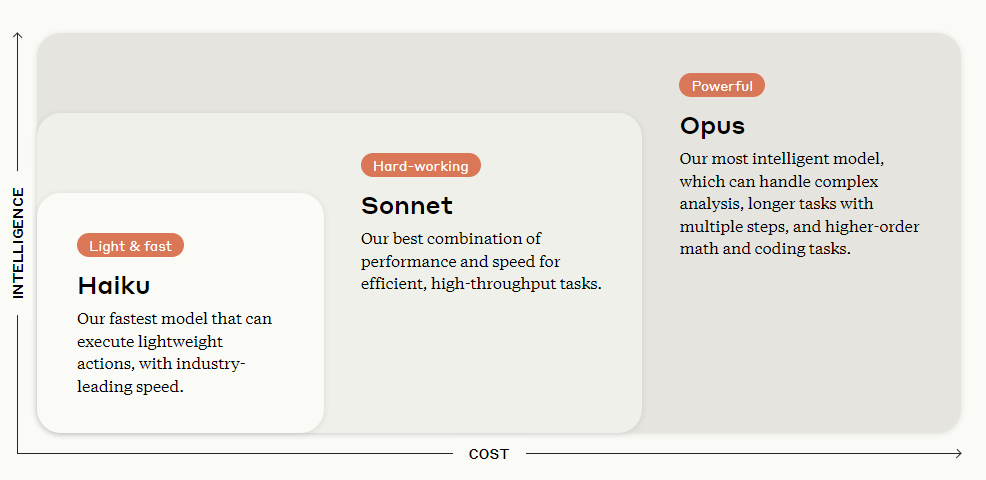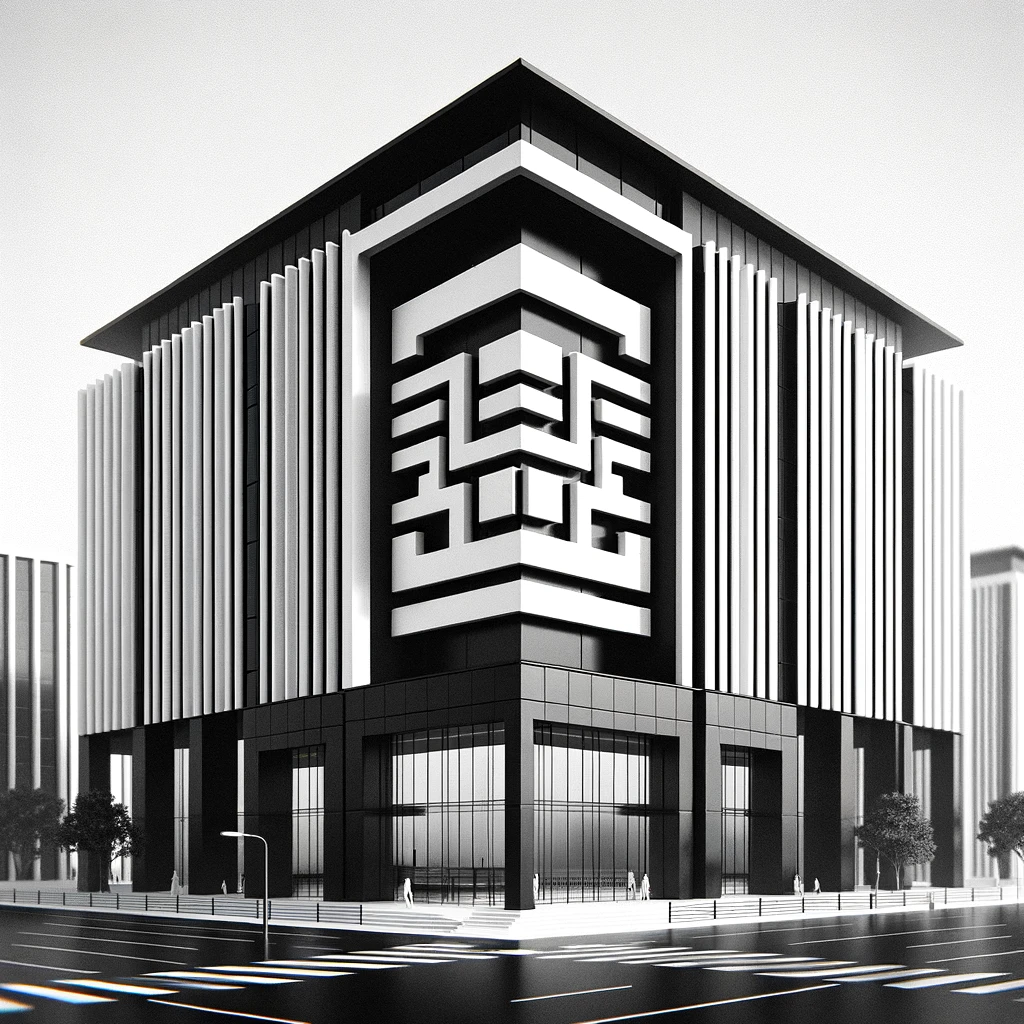Anthropic has recently unveiled its next generation of AI models, known as the Claude 3 family. This new lineup, comprising Claude 3 Haiku, Claude 3 Sonnet, and Claude 3 Opus, represents a significant leap forward in generative AI capabilities, aiming to outperform competitors including Google’s models and OpenAI’s GPT-4
Claud Opus: The Flagship Model
Claude 3 Opus is the flagship model of this family, touted as the most advanced version, with a pricing model targeted at both consumers and businesses. It is designed for highly complex tasks, showcasing near-human comprehension and fluency. Opus distinguishes itself by outperforming peers across common AI evaluation benchmarks, demonstrating capabilities in undergraduate and graduate-level knowledge and reasoning, basic mathematics, and more. Anthropic emphasizes its advancements in reducing unnecessary refusals and improving contextual understanding, making Opus and its siblings less likely to avoid answering prompts that challenge the system’s limits.

Larger Context
The Claude 3 family also boasts significant improvements in processing long context prompts, with an initial 200K context window that may extend to inputs exceeding 1 million tokens for select customers. This enhancement addresses the need for accurate recall from vast data corpora, with Opus achieving near-perfect recall in such scenarios.
In addition to technical prowess, Anthropic prioritizes ethical considerations and safety in the development of these models. The company has implemented strategies to mitigate risks ranging from misinformation to election interference, relying on approaches like Constitutional AI to ensure the models’ safety and transparency. Claude 3 models are also tuned to reduce biases, striving for neutrality and avoiding partisanship.
Battle to the Top
Despite these advancements, Anthropic continues to face the challenge of definitively proving the superiority of its models over competitors. The company’s internal performance tests suggest Claude 3 models outperform other leading AI systems, yet external validation is crucial for a comprehensive assessment.
As Anthropic rolls out these models, with Sonnet already available and plans for Opus and Haiku to join the Amazon Bedrock platform, the AI community eagerly anticipates their impact on the generative AI landscape. These developments highlight Anthropic’s ambition to lead in AI innovation, safety, and ethical responsibility.

